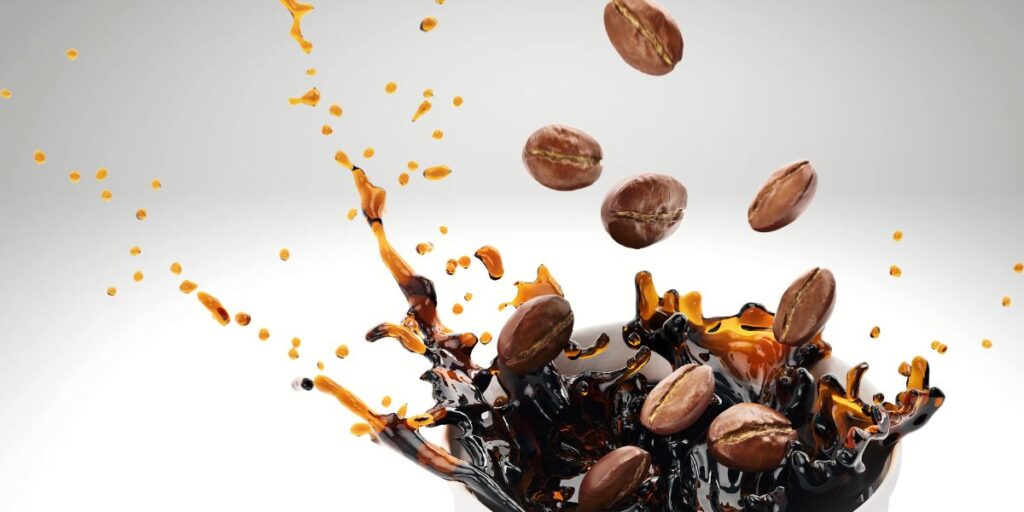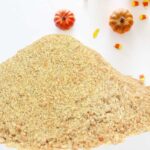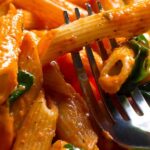Coffee is ordinary in many cultures. Muslims ask if it is halal or haram. Caffeine in coffee gives energy but doesn’t intoxicate or haram the mind in moderate amounts. Drinking coffee is halal if it doesn’t damage health or interfere with religious duties. Islam allows it but avoids excess. My experience with coffee has been positive; it helps me focus without any negative impact.
Is Coffee and Caffeine Halal?

Yes, coffee and caffeine are considered definitely halal, as confirmed by Fatwas from scholars like Imam Shihab al-Din and Shaykh Farza A. Khan. The Quran warns against intoxicants like wine and weed that cause inebriating effects, but coffee does not lead to drunkenness. Although coffee production involves fermentation, it does not produce alcohol. Even though excessive intake may cause drowsiness, consuming them in small amounts is not prohibited.
The effects of caffeine
Caffeine stimulates the body and mind. It can increase breathing and heart rate, making you more alert. In moderate amounts, it helps with work, education, and worship.
Excessive consumption of caffeine can be harmful. Too much can cause sleep disturbances, anxiety, and an ‘out of control’ heart rate. Judging how much is safe is important.
Is it haram to drink caffeine while watching something? Some believe that excesses in life, even during entertainment, can lead to negative consequences. Understand the balance between enjoyment and overconsumption.
Are Luwak Coffee Halal?
Luwak coffee is made from beans obtained after passing through a civet, an animal. After collection, the beans are properly cleansed and processed to produce quality coffee. The Indonesian Ulema Council issued a ruling that Luwak coffee is halal if handled correctly after coming out of the anus. Choosing well-known brands with certification can clear any doubts about their halal status.
The Droppings
The Irsyad Al-Fatwa supports the idea that Luwak coffee is considered safe. Omega 3 fish oil is halal when sourced from properly handled animal products, similar to how Luwak coffee status is confirmed.
Are All Coffees Halal?
Coffee is usually halal, but some coffees may not be. Although general opinion says all coffees are halal, criteria matter. Coffee with the word “wine” in its name cannot be considered halal. Even if it doesn’t have haram ingredients, the name makes it haram. Dr. Ir. Muslich M. Si. says halal certification depends on specific criteria. Indonesia follows these rules for food products.
Are energy drinks containing caffeine halal?

Energy drinks like PRIME and Red Bull and soft drinks like Coca-Cola are popular among coffee drinkers. Coffee brands like Starbucks Coffee, Nescafé, Tim Hortons, and Dunkin sell various brew types, including luwak coffee, latte, and cappuccino. These drinks contain high amounts of caffeine and other stimulants, making them halal drinks but not always safe.
- Caffeine content alone does not define halal status.
- Energy drinks may contain artificial sweeteners and colorants.
- Large amounts of sugar are standard in these beverages.
- Must be careful with regular consumption due to potential harm.
- Judging by caffeine content alone is not enough.
- Coffee drinkers have a wide choice of brands.
- Energy drinks like PRIME and Red Bull are considered halal, but they may contain harmful ingredients.
Islamic Attitudes Toward Coffee and Caffeine Consumption
Coffee was once considered ‘sinful’ by Muslims. Kha’ir Beg, a governor of Mecca, banned it in 1511 CE. Coffee shops caused worry as people gathered, shared thoughts, and discussed radical ideas. The government feared a riot and a plan to overthrow the ruler. In Cairo and Constantinople, the reign of the Ottoman Empire saw the same ban.
Seyhulislam Ebussuud, a top religious scholar, issued a fatwa against coffee. He deemed it a stimulant with the same harmful effects as alcoholic beverages. Purist Muslims agreed. They thought it might harm people and society. This ban stayed until 1524, when Mufti Mehmet Ebussuud el-Imadi lifted it, declaring coffee halal-friendly. Sulat Selim I’s grand scholar accepted its consumption. Coffee is now consumed by Muslims worldwide.
“Coffee’s harm is akin to that of alcohol, said those who saw its rise as a threat to social order.“
To this day, coffee remains a part of daily life for Muslims. The possibility of harm was overruled, and the fatwa no longer applies. Kha’ir Beg’s ban and the actions of Seyhulislam Ebussuud show how much influence religious scholars had. They tried to stop the spread of coffee due to its stimulant nature, linking it to the same dangers as alcohol. But, Sulat Selim I’s grand scholar allowed its return.
Coffee in Cairo and Constantinople was once seen as a threat to Muslim unity. Purist governors feared its impact. The possibility of a riot was confirmed as people gathered in coffee shops, sharing thoughts that worried rulers. This led to bans and even death threats for those who disobeyed. The government was concerned about the collapse of order, but in the end, coffee became accepted again.
What do Islamic religious scholars say about caffeine?
Islamic scholars have varying opinions on the permissibility of consuming caffeine. Some endorse moderate use and consider it halal. Others caution against excessive consumption due to potential health risks. Imam Shihab Al-Din has said that coffee is a lawful drink because all things are lawful except what Allah has made unlawful. Seeking knowledge and guidance from reputable sources helps Muslims make informed decisions aligning with their faith.
Islamic jurisprudence requires understanding through studying various scholarly opinions. Engaging in open discussions about caffeine allows Muslims to stay connected to their faith while making choices. The lawful nature of coffee is widely acknowledged, focusing on moderation and health considerations.
So, is coffee halal?
Coffee and caffeine are generally considered permissible in Islam. There is no definitive prohibition in the Quran or authentic hadith against drinking or consuming them. However, moderation is key. Muslims must be mindful of their caffeine intake to ensure they avoid any harmful effects or addictive behavior. The principles of self-control and responsibility are important when making informed choices regarding consumption.
Enjoying a cup of coffee is common, but knowing its potential impact on health is crucial. Maintaining a balance helps maintain physical and spiritual well-being.
Halal Coffee Brands
Coffee is a staple in the daily lives of many people worldwide. Knowing which brands are halal is hard with so many products in the market. Is there a thing called “halal” coffee? The answer is yes. Several halal coffee brands are available for those who want to consume a beverage that aligns with Islamic dietary laws.
Al Haramain Coffee
- Specialty coffees are made from a blend of Arabica and Robusta beans.
- Ethically sourced to ensure a high-quality product.
- Offers iced coffee for warm summer days.
Ahmed’s Coffee
- Uses only 100% Arabica beans for unique flavors.
- Roasted in small batches for freshness and quality.
- Certified halal.
Daqqa Coffee
- Made from Arabica beans grown in Ethiopia, Yemen, and Brazil.
- Offers flavored coffees and espresso blends.
- Certified halal.
CONCLUSION
Coffee is common among Muslims, and many wonders if it’s halal or haram. Islam doesn’t forbid drinking coffee or consuming caffeine unless it leads to harm or addiction. The Quran encourages moderation, so drinking coffee in reasonable amounts is generally considered halal. Muslims can enjoy caffeine without worrying as long as it doesn’t harm their health or well-being.
Frequently Asked Question(s)
Is coffee halal for Muslims?
Yes, coffee is generally considered halal for Muslims if consumed in moderation.
Can caffeine be haram?
Caffeine is not inherently haram, but excessive consumption leading to harm or addiction could be discouraged.
What does Islam say about drinking coffee?
Islam encourages moderation in all things, so drinking coffee in reasonable amounts is acceptable.
Is there a specific ruling on caffeine in Islam?
There is no specific ruling on caffeine, but it is treated like any other substance that should be consumed in moderation.
Can Muslims drink coffee during fasting?
Muslims can drink coffee outside fasting hours but not during fasting.






